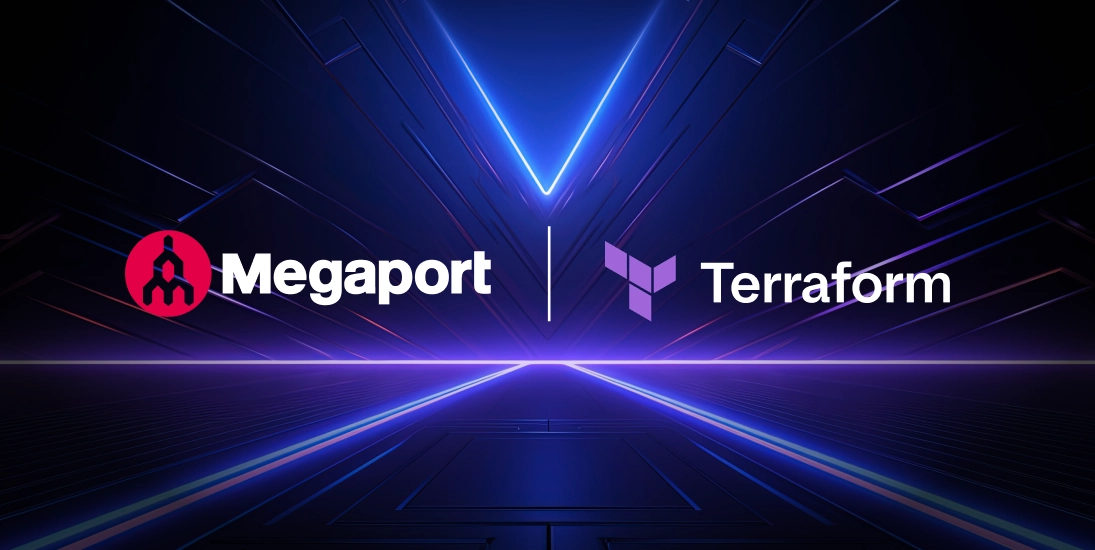
How RedShield is Using NaaS to Stay Safe Online
- Cloud networking
- August 6, 2021
- RSS Feed
Read how RedShield's shift from public to private connectivity has boosted security and performance for both them and their customers.
Back in 2009, the co-founders of managed web application security provider RedShield were on a mission to help organizations mitigate the risk of web application vulnerabilities in an increasingly dangerous cybersecurity landscape. Today, global customers in high-risk industries ranging from government to healthcare trust RedShield to safeguard their most sensitive data and applications.
The company’s proprietary “shielding” tools effectively and easily protect customers from security vulnerabilities by modifying app behavior, all without altering a single line of code. But in order for RedShield to provide the security their customers rely upon, they need highly available connectivity, and they faced an unexpected obstacle to getting it: the public internet.
The challenge: unreliable internet connectivity
Prior to using Megaport, RedShield was relying on Internet Service Providers (ISPs) to protect traffic and keep their customers secure. But links to and from ISPs themselves are prone to cyberattacks that affect access to the application servers and compromise security.
If a Distributed Denial of Service (DDoS) attack occurs via email or web traffic, ISP links quickly become congested and the data center’s network responder can become overwhelmed. If an ISP link RedShield used came under attack, the team would effectively become blocked from the customer’s server, meaning they were also blocked from being able to manage risk, mitigate threats, and ensure dynamic web app content was working properly. It was far from an ideal situation; in fact, the consequences could have been critical for RedShield as a security provider.
Is your cloud data secure? Learn the three questions you can ask to find out in our blog post.
They needed a way to stop relying on ISPs and instead operate dedicated connections directly to and from their service and their customers’ network infrastructures, whether in the cloud, on-premises, or a hybrid setup. This is what made them decide to reach out to Megaport.
The solution: direct connection via Megaport
By leveraging a dedicated link to application servers via Megaport, RedShield unlocked reliable, protected network access for both them and their customers. Once they were set up, they began offering a service called Redpipe, where customers have the choice of two connection methods to bypass the internet via Megaport.
MegaIX
MegaIX, Megaport’s globally connected Internet Exchange, is the option for customers to use high-performance peering to stay connected to their essential networks. Via MegaIX, you can share and source traffic with a global network of service providers for reliable, redundant network connectivity.
Virtual cross connects
Private virtual cross connects (VXCs), point-to-point ethernet links between two Megaport Ports, are dedicated, scalable connections delivered as a separate Layer 2 VLAN with no physical infrastructure required. VXCs can use border gateway protocols or static connections depending on the customer’s infrastructure requirements.
Through both methods, RedShield can also access the customer’s server directly, securely, and consistently.

The benefits
Tighter security
Now, when customers use RedShield’s dedicated Megaport links, their traffic is protected and managed by a high-capacity scrubbing center, filtering techniques, usage policies, and other security tools. This direct connection via Megaport also meets strict security and compliance regulations, including HIPAA in the United States and GDPR in the EU, so customers can protect sensitive information and avoid costly sanctions or fines.
Higher availability
Not only does RedShield’s direct Megaport connection protect customers’ critical data, it also improves uptime. High traffic to a customer’s site doesn’t always come in the form of a DDoS attack – it could be something as simple as a product launch or major news event. A private link bypassing the internet means traffic spikes no longer affect the customer’s network and business performance, plus it means RedShield can stay connected to the customer to provide constant protection.

Megaport’s virtual cross connects are a simple, secure,
and highly cost effective method of connecting RedShield
with our customers’ data centers. It’s a fantastic option
for delivering software-defined connectivity in a multicloud environment.
Sam Pickles, Chief Operating Officer at RedShield
What’s next for RedShield?
As RedShield’s partnership with Megaport grows, their next focus is optimizing how they use VXCs and exploring how to incorporate Megaport’s scalability into their setup to flex capacity up and down with changing traffic volume. Megaport’s worldwide presence will also support the RedShield team as they continue expanding into new regions and cloud infrastructures globally.
Stay Updated
Keep up to date on Megaport by following us on social media at:
Twitter: @megaportnetwork
LinkedIn: @megaport
Facebook: @megaportnetworks


